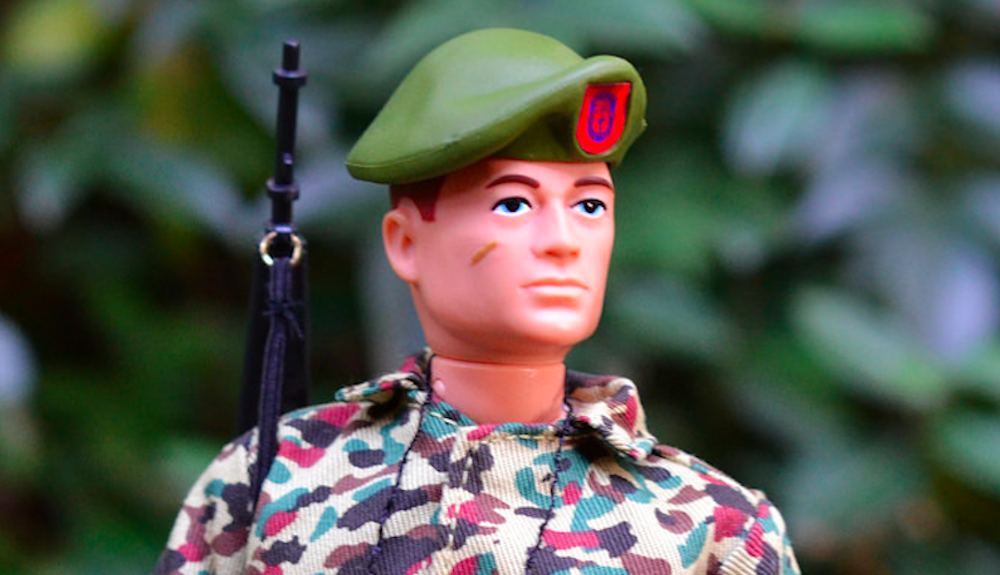In 2011, Brian Decker, a decorated United States Army Green Beret who had been a commander in the Iraq War, was tasked with revising a process and system that hadn’t been touched since 1988: the Special Forces Assessment, in North Carolina.
What he found — and what he ultimately put in place — was astonishing. From myriad points of view.
This from ESPN.com:
Decker wanted soldiers who weren’t satisfied just to become Green Berets but who wanted to be great Green Berets. He set out to find data-driven models for identifying those soldiers. Decker wanted to focus on intrinsic, rather than extrinsic, motivation. He read books about emotional intelligence and talent measurement and studied the characteristics of introverts versus extroverts, and of fluid IQ, the ability to recognize and adjust to patterns on the fly. He changed the training courses to more closely resemble modern warfare. He began to approach Special Forces candidates as if he were a therapist, not an officer. “Brian was the first one to open our eyes and question the way we’d done things for 20 years,” says Col. Glenn Thomas, Decker’s boss. “We had never asked, ‘Why is this class better than that class?'”
After three years, Decker had devised a program that collected 1,200 data points on each candidate, from peak physical performance to psychometrics, the science of measuring mental processes. He could effectively predict the profile of a Green Beret: college-educated with an IQ around 122, in his early 30s, probably from a suburb of a major city, someone who responded to trauma in his life with increased self-motivation. As a result, the washout rate of Special Forces was 30 percent lower than when he took over. “We can train a guy to do a few extra pullups, but we can’t make someone adaptable and able to work as part of a team if the traits aren’t there,” says Thomas, sounding not just like a decorated colonel but like, well, a football coach.
This snippet is from a much bigger story Seth Wickersham did on the former soldier titled “Man on a Mission”. We highly-recommend you give it a read (click here to get to it).
It examines Decker’s lofty and incredibly ambitious undertaking, which is to take the intangibles he learned in the service, and apply them to a sport that all-too-often gets compared to war (unfairly). Professional football. Namely, the National Football League.
He says the idea spawned from a core value he learned while in combat overseas.
“You’re fighting based on the obligation to the person next to you. You’re depending on each other for survival,” he told the magazine.
He thinks you can “dissect, quantify and predict” this intangible, and others, like a piece of data.
Maybe he’s onto something?




































